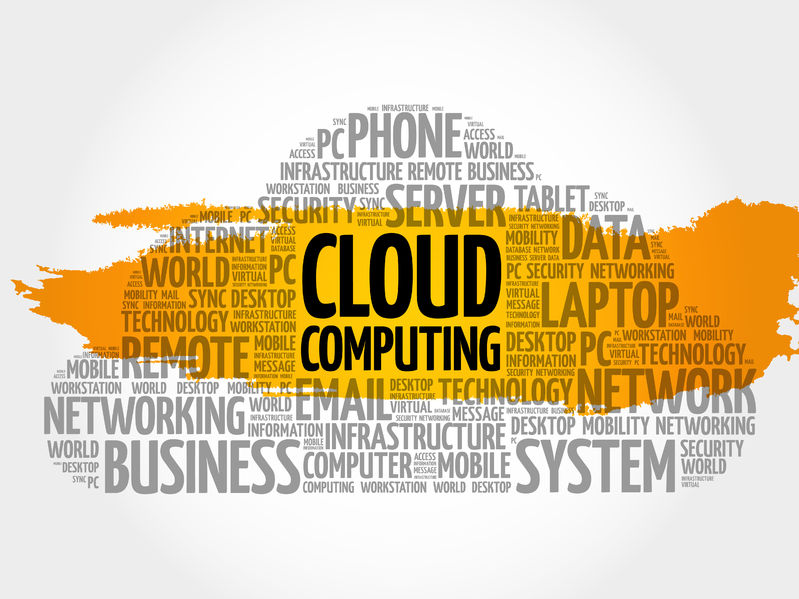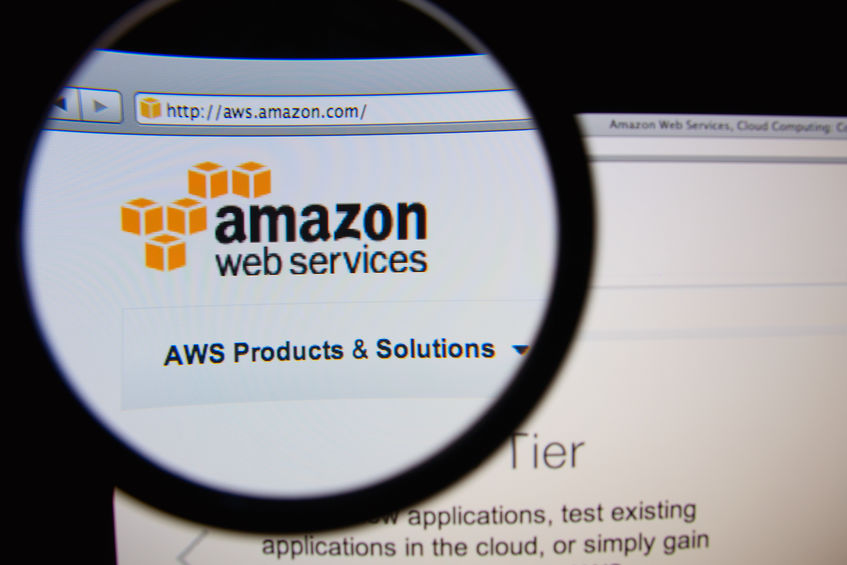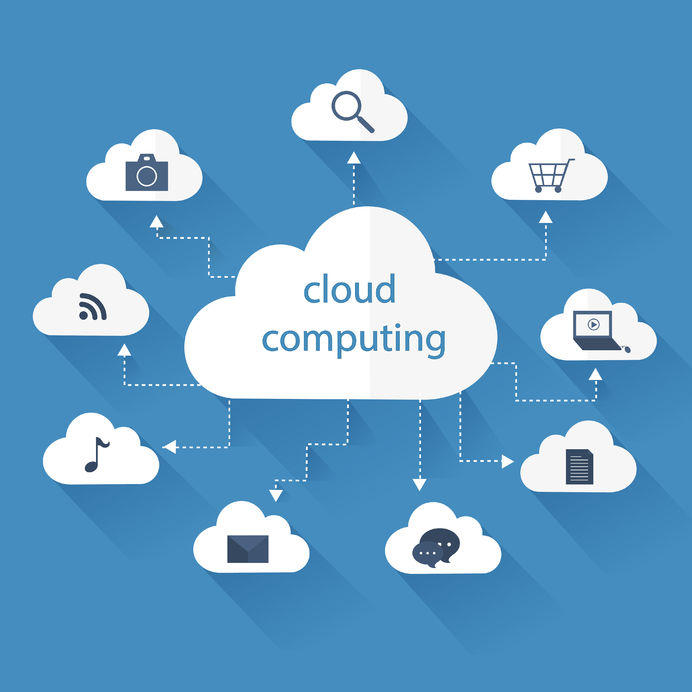AWS vs Azure vs Google, the three biggest cloud providers in the world. They all have a vast network of servers all over the world and many services that can cover most of the business’s needs. They provide IaaS and PaaS through interconnected services. If are just starting with the cloud technology, you will probably be confused about choosing between them. AWS vs Azure vs Google, which is better and why?
Let’s introduce them to you.
Amazon Web Services – AWS
Amazon Web Services, as you guessed already, is a part of Amazon. It was launched in 2006. Amazon has far more time as the other two. It is already a well-developed platform that has plenty of services.
AWS showed their profit for the first time in 2015. They had 1.57 billion dollars of sales and 265 million operating income. Impressive results. The numbers are continually growing, and the revenues for 2017 were 17.46 billion dollars.
Microsoft Azure
Microsoft Azure was the response from Microsoft. The giant tech company introduced Azure in 2010, a few years after Amazon. Azure has growth to provide SaaS, IaaS and PaaS with more than 600 services! It bets that people are familiar with Microsoft ecosystem and it offers excellent integration with their software.
Google Cloud Platform – GCP
Strangely, Google was behind Amazon too. It stated in 2008. Google has been around with their cloud services for consumers, but with Google Cloud Platform, they want to get the businesses too. Just like the rest, they want to create a robust ecosystem with their Android, Chrome OS and APIs for machine learning.
Ready for ultra-fast DNS service? Click to register and see the difference!Experience Industry-Leading DNS Speed with ClouDNS!
Tables of services AWS vs Azure vs Google
Compute
| AWS | Azure | GCP | |
| PaaS | Elastic Beanstalk | Cloud Services | App Engine Standard Environment
App Engine Flexible Environment |
| Deploy and managing virtual servers | Elastin Compute Cloud (EC2) | Virtual Machines
Virtual Machine Scale Sets |
Compute Engine |
| Virtual private servers made easy | Lightsail | Virtual Machine Images | |
| Support for Docker/Kubernetes containers | EC2 Container Service (ECS)
Kubernetes (EKS) |
Container Service
Container Service (AKS) |
Kubernetes Engine
Container Engine |
| Integrate systems and run backend logic processes | Lamda | Functions
Event Grid Web Jobs |
Cloud Functions (Beta) |
| Run large-scale parallel and batch computing | Batch | Batch | |
| Automatic scale instances | Auto Scaling | Virtual Machine Scale Sets
App Service Scale Capability (PaaS) AutoScaling |
Instance Groups |
| Instance families | 7 | 4 | 4 |
| Instance types | 38 | 33 | 18 |
The main computing service of Amazon is EC2. It provides easy scaling within minutes. You can control it through APIs and auto scale depending on your needs. It works with both Linux and Windows.
Microsoft’s computing is simply known as Virtual Machine. Just like the AWS, it has a long list of instances for fast scaling like GPU, high-performance computing options and AI. It also supports Windows and Linux.
Google’s answer to the competition is Compute Engine. It is a newer service in comparison with the rest, and it has fewer sub-services. It has Windows and Linux support too.
Storage
| AWS | Azure | GCP | |
| Object storage service for use cases | S3 | Storage (Block Blob) | Cloud Storage |
| Archive storage | S3 Infrequent Access
Glacier Data Archive |
Storage (Cool)
Storage (Archive) |
Nearline
Coldline |
| Hybrid storage | Storage Gateway | StorSimple | Engyte Sync |
| Auto protection and disaster recovery | Disaster Recovery | Site Recovery | |
| Bulk transfer | Import/Export Disk
Snowball Edge SnowMobile |
Import/Export
Azure Data Box |
Storage Transfer Service |
| Backup | Object Storage
Cold Archive Storage Storage Gateway |
Backup |
Database
| AWS | Azure | GCP | |
| Caching | ElastiCache | RedisCache | CloudCDN |
| Block storage | EBS | Page Blobs | Persistent Disks |
| Object Storage | S3 | Blobs and Files | Google Cloud Storage Block |
| NoSql (indexed) | DynamoDB | Cosmos DB | Cloud Datastore
Cloud Bigtable |
| NoSql (Key-value) | DynamoDB
SimpleDB |
Table Storage | Cloud Datastore |
| Database Migration | Database Migration Service | Database Migration Service | |
| Manage Relational Database-as-a-Service | RDS | SQL Database
Database for MySQL Database for PostgreSQL |
Google Cloud SQL
Cloud Spanner |
Content Delivery
| AWS | Azure | GCP | |
| Load Balancing | Elastic Load Balancing | Load Balancer Application Gateway | Cloud Load Balancing |
| Global CDN | CloudFront | Content Delivery Network | Cloud Interconnect |
| DNS | Route 53 | Traffic Manager Azure DNS | Google Cloud DNS |
| Cross-Premises Connectivity | API Gateway | VPN Gateway | Cloud VPN |
| Virtual Networking | Virtual Private Cloud | Virtual Network | Subnet |
| Dedicate, Private Network Connection | Direct Connect | Express Route |
Management and Monitoring
| AWS | Azure | GCP | |
| Administration | Application Discovery Service
System Manager Personal Health Dashboard |
Log Analytics
Operations Management Suite Resource Health Storage Explorer |
Cloud Console |
| Billing | Billing API | Billing API | Cloud Billing API |
| Cloud Advisor Capabilities | Cloudwatch
X-Ray Management Console |
Portal
Monitor Application Insights |
Stackdriver Monitoring
CloudShell Debugger Trace Error Reporting |
| Cloud Resources Management and Monitoring | Trusted Advisor | Advisor | Cloud Platform Security |
Security
| AWS | Azure | GCP | |
| Authentication and Authorization | Identity and Access Management (IAM) | Active Directory
Active Directory Premium |
Cloud IAM
Cloud Identity-Aware Proxy |
| Protection with Data Encryption | Key Management Service | Storage Service Encryption | |
| Firewall | Web Application Firewall | Application Gateway | |
| Identity Management | Cognito | Active Directory B2C | |
| Cloud Services with Protection | Shield | DDoS Protection Service |
Pros and cons of AWS
+ Easy to scale and manage capacities depending on the needs of the users.
+ Relatively cheap storage in comparison with the competition.
+ Global reach. Perfect for international business.
+ AWS ecosystem. The services inside AWS are well connected to each other.
+ API support for easy integration.
– For some purposes, it can be more expensive in comparison with the competition.
– Confusing billing. It is hard to understand the bills.
– AWS is complicated. The learning curve is steep.
– It is a target to strong attacks. You can expect some downtime.
Pros and cons of Azure
+ Low downtime thanks to the extensive network of servers around the world
+ Security proven with many compliance certificates.
+ Easy scalability
+ Pay-as-you-go model for better IT budget management
– High data transfer rates. There are separate fees for incoming and for outgoing data. Watch out!
– IT Expertise. You or your team will need particular knowledge to be able to manage the ecosystem of Microsoft.
– Support. We don’t say it is bad, but it is hard to explain a cloud problem over an email. The communication is slow. You will probably need IT professionals for managing the services.
– Bet on just one company. Many prefer to use just a single provider, but this can be dangerous. The company might change the prices or bankrupt, and this can lead to many problems for your business.
Pros and cons of GCP
+ Fastest I/O
+ The sustained use option of Google doesn’t require an upfront payment and is not limited to the utilization of a particular instance like Amazon’s Reserved Instances (RI)
+ Google is good at the data analytics and storage
+ Good integration with other Google services.
+ Browser based ssh console
– The actual control over the VMs is limited because of Google’s propriety technologies.
– Less programming languages in comparison with AWS and Azure.
– Hard exit if you want to leave the platform.
AWS vs Azure vs Google, conclusion
There is no clear answer. It depends a lot on how big is your company and what type of cloud services do you need. If you have a huge business and you need as much power as you can get, AWS can be your solution. If you are very attached to the Microsoft ecosystem, then Azure can be your choice. For small startups, Google Cloud can be a good solution because of its more attractive price.
You should think about your business needs first. You could find attractive offers from other companies too, especially if you have a very particular market in mind. It is convenient.





